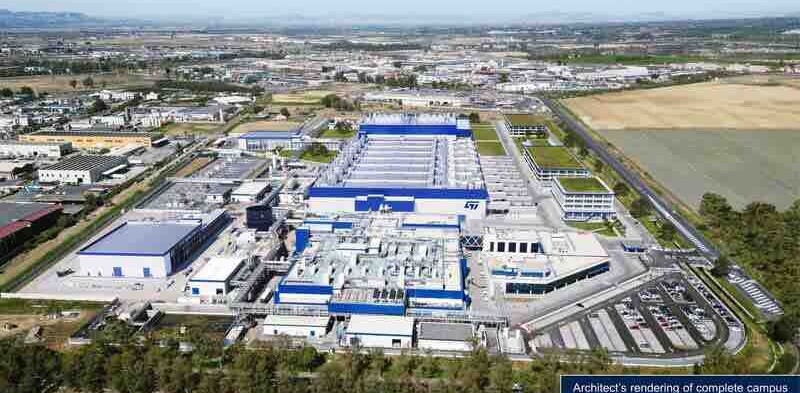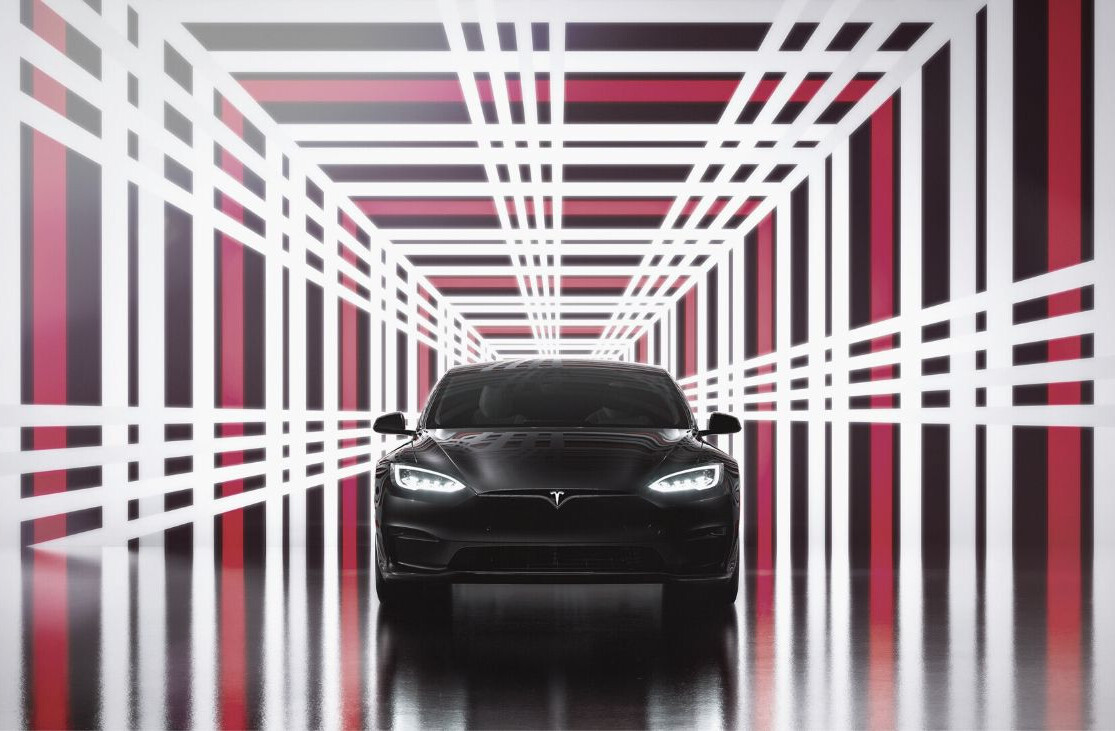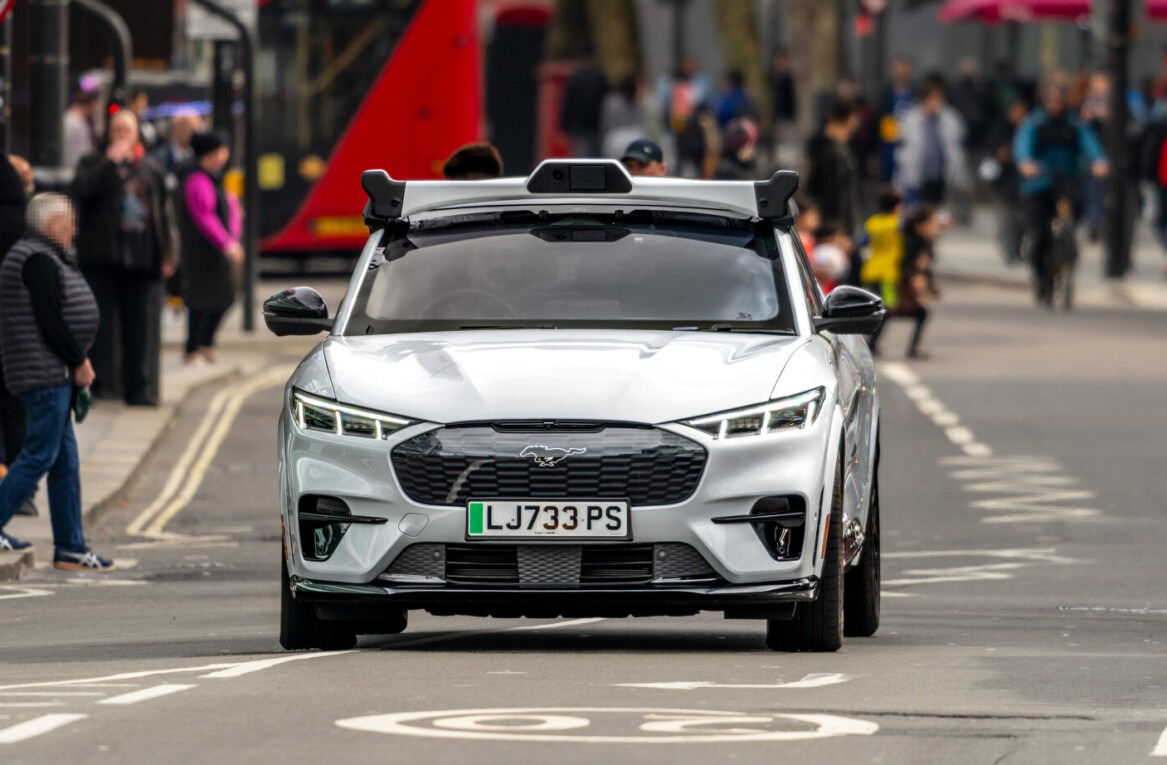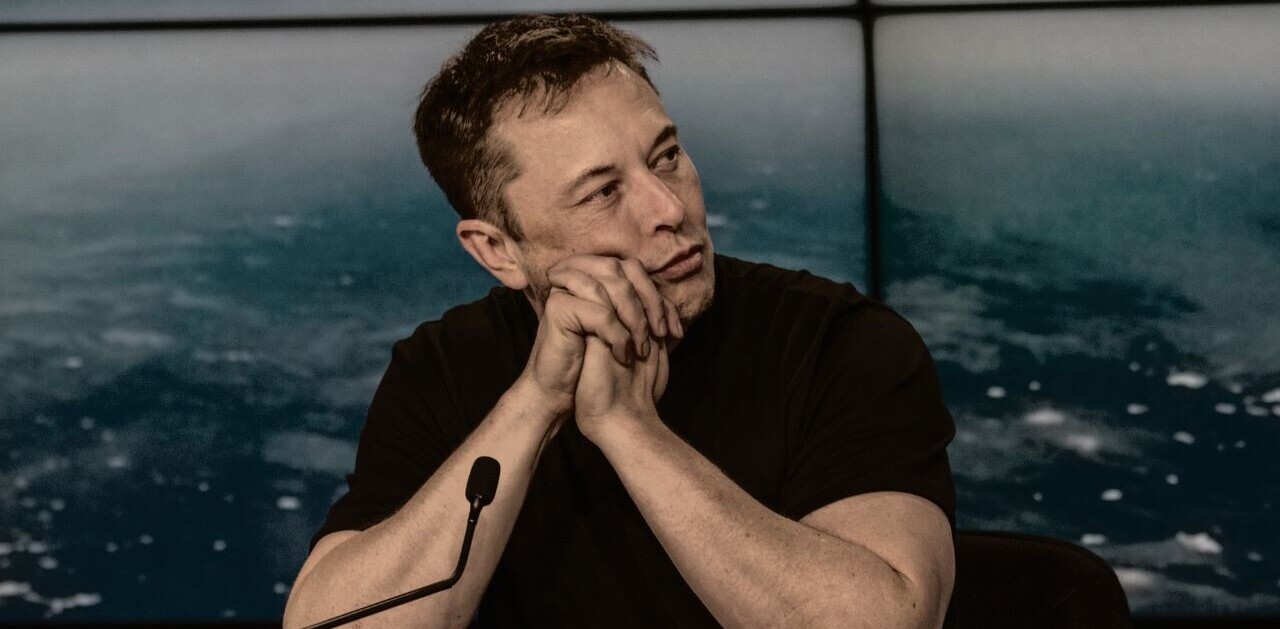
A proposed law in North Carolina would block Tesla from selling its cars to consumers in the state. It passed its Senate Commerce Committee unanimously according to the NewsObserver.
The law would make it illegal for any car company to sell directly to consumers, forcing them to vend their wares through a dealer, or middle man. Tesla sells cars to its clients, and then delivers them their vehicle. This would become a banned practice if the proposed legislation becomes law.
Support for the bill, as reported by NewsObserver, is risible:
“We care about the franchise system,” said Robert Glaser, president of the N.C. Automobile Dealers Association. “The whole point of the retail system is to protect the consumer.”
Surely you can see why that statement is humorous.
Do things a different way, and entrenched interests will combat you. Companies that upend long-standing business systems often find themselves on the receiving end of wrongheaded legal procedure; companies such as Uber and Lyft come to mind, each under fire at different times for changing the way people scoot about their cities, in the face of the taxi-medallion system.
Telsa has sold fewer than 100 cars in North Carolina.
The company’s Diarmuid O’Connell claims that the law is “trying to insulate the dealer franchise model from any competition,” and that the law is a “protectionist move to lock down the market so we have to go through the middleman, the dealer, to sell our cars.” The bill would certainly force Tesla to change the way that it does business.
North Carolina isn’t the only state to behave in this way. Tesla has faced opposition in Massachusetts, Texas, and Virginia. In Massachusetts, a suit filed by Massachusetts State Automobile Dealers Association was dismissed by a judge. In Texas, as TNW reported, Tesla “found itself facing opposition from the state’s auto dealers association who are seeking to stop Tesla from selling, delivering, and servicing its vehicles in [the state].” It appears, however, that Tesla may be able to operate in Texas if it sells fewer than 5,000 units per year.
In Virginia, Tesla was denied a dealer’s licence. In each case, the clashing parties have been, roughly, dealers v. Tesla.
The effect of the North Carolina law would be the exclusion of Tesla from the state. That is a not a positive for consumers, Tesla itself, or any other party other than extant dealers. The law is little more than local companies looking to block competition through legal action. As such, it should not pass, given that it is anti-competitive.
Tesla’s cars should sell on their merits, and Tesla’s ability to market them, not on the whims of firms that do not wish to compete in a fair economic system.
Top Image Credit: Robert Scoble
Get the TNW newsletter
Get the most important tech news in your inbox each week.




